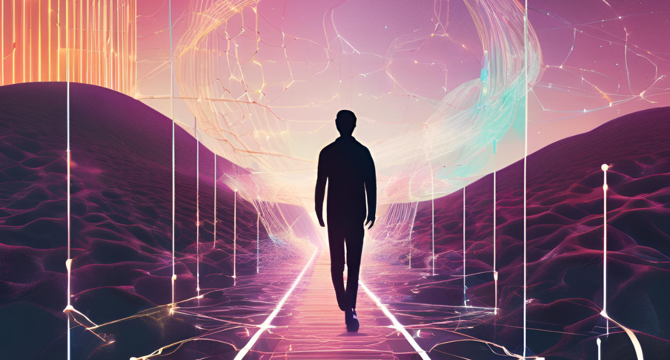Medium
8h
230

Image Credit: Medium
From Generative to Agentic AI: A Product Manager’s Guide to the Next Generation of AI
- From passive tools to proactive collaborators, computers have evolved into agentic AI systems that act with autonomy and intent.
- Generative AI creates original content based on learned patterns, while agentic AI acts autonomously and makes decisions to achieve goals.
- Generative models like GPT-4 create diverse outputs across text, images, audio, and video, offering cross-domain versatility.
- Agentic AI systems operate autonomously, adjust strategies in real time, and collaborate with humans to execute complex tasks.
- Deploying generative AI for creativity and agentic AI for decision-making is crucial for maximizing efficiency and outcomes.
- AI frameworks like LangChain, AutoGPT, and Azure AI Studio offer infrastructure for orchestrating complex agent behaviors.
- Choosing the right AI approach based on specific needs is essential, using a framework that considers reasoning, tool integration, and memory.
- Shifting organizational mindset towards AI-powered collaboration is crucial for success in the new era of AI integration into workflows.
- AI collaboration requires addressing product and ethical challenges, embracing a mindset of amplifying human capabilities with AI support.
- Thriving in the AI-powered future involves active engagement, creativity, ethical considerations, and shaping the evolution of AI technologies.
Read Full Article
13 Likes
For uninterrupted reading, download the app